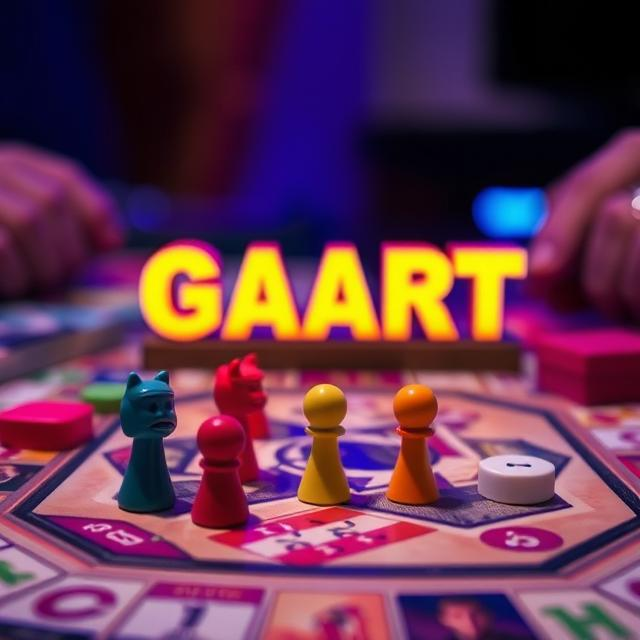Tabletop games have increasingly found their place in educational settings, offering a fun and interactive way for students to develop critical thinking, problem-solving, and teamwork skills. Board games are particularly useful in engaging learners of all ages, from children to adults, by providing a hands-on experience that fosters the development of cognitive abilities while encouraging social interaction.
One of the core benefits of tabletop games is their ability to engage players in complex decision-making processes. Games like Chess, Go, and Ticket to Ride require players to think several steps ahead, plan strategies, and adjust their tactics in response to changing conditions. These games teach the value of foresight, helping players develop the ability to anticipate the consequences of their actions and make informed decisions based on available information.
In addition to strategic thinking, many tabletop games challenge players to solve problems in creative ways. Games like Pandemic or Forbidden Island require players to work together to address complex challenges, such as stopping the spread of diseases or saving a treasure from sinking. These games help foster teamwork and communication, teaching players to collaborate and solve problems collectively. They also promote adaptability, as players must adjust their plans and work together to overcome unforeseen obstacles.
Moreover, tabletop games can be used in educational environments to reinforce academic content. For instance, Math Fluxx teaches mathematical concepts through the mechanics of the game, while Timeline helps students learn historical events and their relationships to one another. By blending learning with fun, tabletop games offer an innovative approach to education, turning problem-solving and critical thinking into an enjoyable activity.
Incorporating tabletop games into classrooms or after-school programs allows students to engage with the material in a unique, hands-on way, making learning an enjoyable and memorable experience. These games not only foster cognitive development but also enhance communication, teamwork, and creativity, all of which are essential life skills.

Leave a Reply